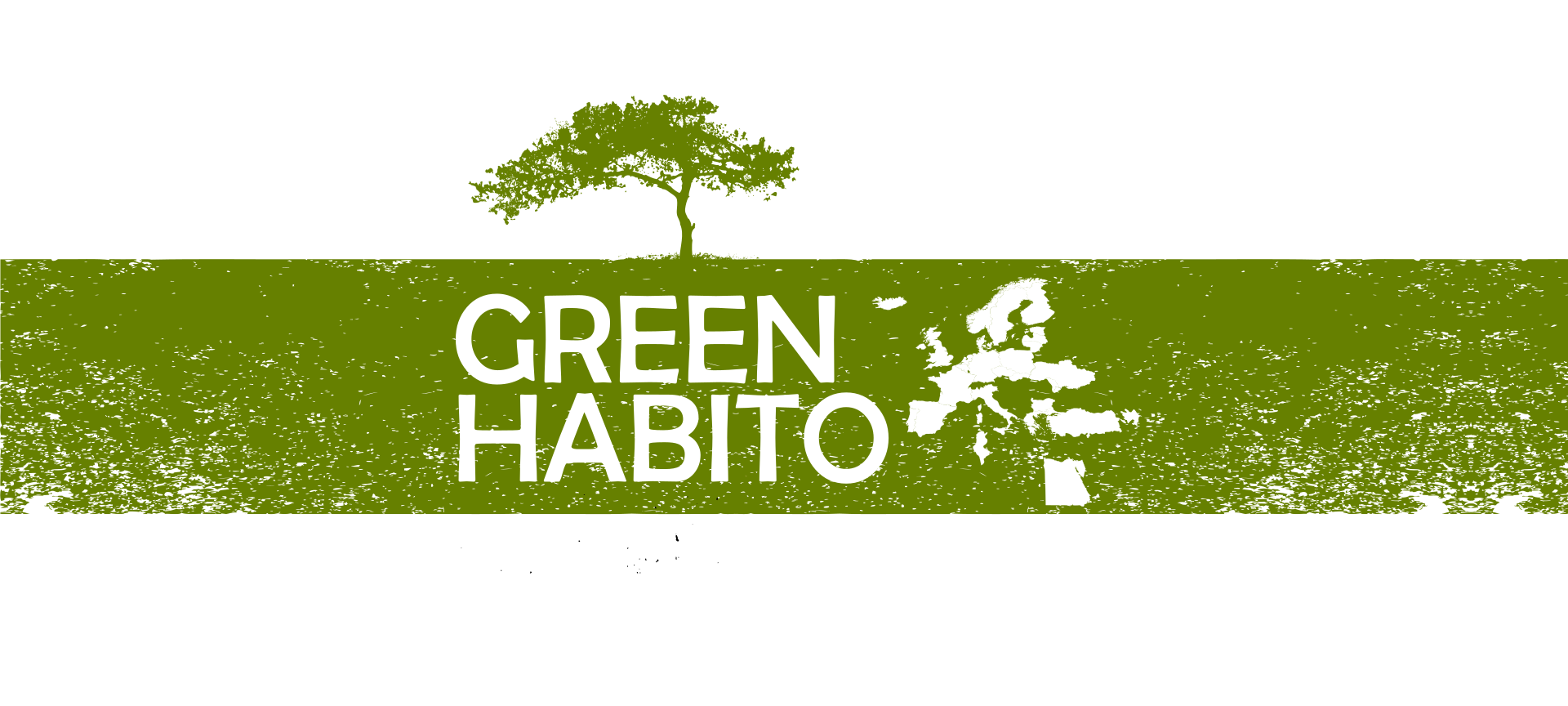The main goal of the project is to increase young peoples knowledge and awareness about gender equality and reinforce young peoples role in creation of an inclusive and equal school/environment with a focus on increased youth active participation and women empowerment by tackling gender based discrimination.
Schools and Youth organisation should contribute to equality and democracy, according to the curricula of Sweden, Denmark, Finland and Estonia. We know that norms and the breaching of norms cause some students to be subjected more frequently to offence, bullying, harassment and discrimination. This is sometimes linked to the legally defined discrimination laws concerning gender, sexual orientation, gender identity, gender expression, religion, ethnicity and disability, but there is also a connection between different forms of oppression. In order to counteract the forms of bullying currently manifesting in Nordic schools, we must address questions about equality, power and norms. Also we need to transfer our knowledge and skills to our colleagues to Estonia, who also doing remarkable work in gender equality, but still suffers inequality and discriminations in different fields and existing stereotypes, prejudices, stigma and discrimination in terms of minorities and LGBT communities. The project aims additionally to contribute to this effort.
Based on the experiences from local workshops held with the students, training and discussions with NGOs and the school teachers, and the process of developing and testing the method material on youth and experts meeting, we will also establish guidelines manual for educators. A summarizing event will be an international conference to summarise all project activities, to present project outcomes and to discuss follow up activities. The project group is responsible for design and structure, but young people/ students are involved to influence the actual contents and mare a real impact on their future success.
Partner countries: Finland (Femina RY), Sweden (ÖGAT NGO), Denmark (Folkevirke) and Estonia (Peace Child Estonia).
Expected project results:
- Individuals have the skills to meaningfully participate in democratic society – increases their skills and knowledge how to participate in democratic society by promoting gender equality and women role in society, how to avoid gender based stereotypes and empower men and women to a new understanding of social roles and importance of diversity. Participants will gain new skills and positive experience on gender issues and they will exchange their experience between each other and moreover young people will receive an opportunity to share own ideas and skills with governmental stakeholders and a mentors for own friends on issues of gender equality, as knowledge of it is important part of democratic society. Diverse communities work together around common agendas, building trust and positive perspectives.
- Project involves people with different genders, with different ethnicities and economic backgrounds, this will strengthen them together with general tasks and challenges, they will have time to build trust, positive perspective on gender equality theme and important of acceptance of differences.
- Young people will join with a non-formal network of young activist promoting importance to be tolerant, diverse and be an agents of change who will build social cohesion within communities. Youth will have more trust in governmental institutions and a civil society organisations, who deals with gender equality, gender based violence, women empowerment.
- Students and educators gain insight into their own rights. Learn into norm-critical and 4R method, and gain tools to evaluate their own school/organisations or in relation to, among other things, the Convention on the Rights of the Child, school legislation, and political goals concerning equal rights.
- Manual and advanced discussion. We will produce a manual and advance discussion on gender roles & gender equality in the education system to ensure early intervention in the destruction of prejudices and stereotypes.
Project is financed by Nordic Culture Point and international partners.



